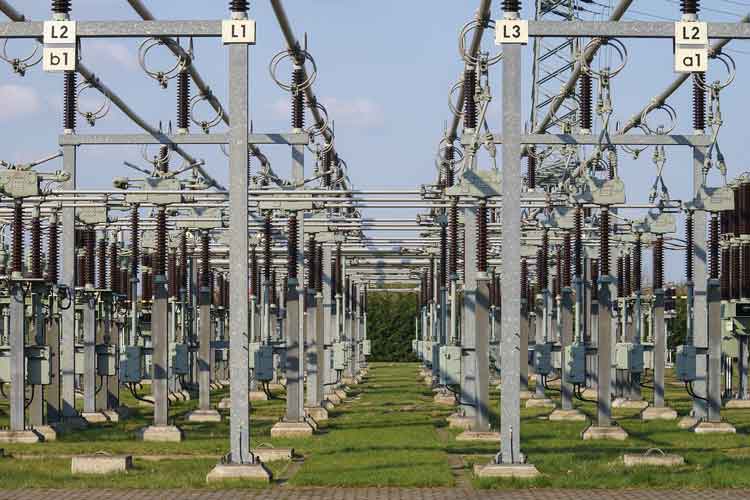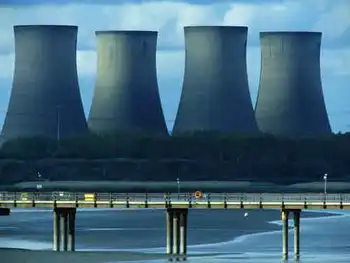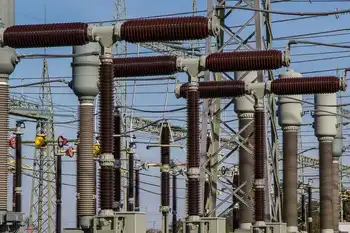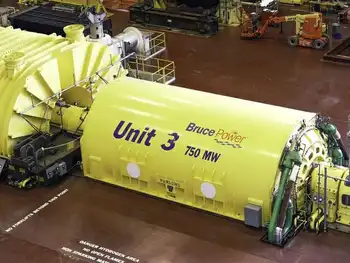Suit threatens nuclear Plant Vogtle
By Earth Times
CSA Z463 Electrical Maintenance
Our customized live online or in‑person group training can be delivered to your staff at your location.

- Live Online
- 6 hours Instructor-led
- Group Training Available
By asking the Court to review the constitutionality of the Georgia Nuclear Energy Financing Act (SB 31) and the legality of the GPSC's approval of Georgia Power's request to certify additional nuclear reactors at Plant Vogtle, SACE is taking legal action to halt nuclear construction that is too costly and too high-risk for Georgia.
On behalf of its members, some of whom live near Plant Vogtle, SACE joins other concerned non-profit organizations, including the Fulton County Taxpayer's Foundation that has filed its own suit, in taking legal action to halt the prepayment scheme. Among other claims, SACE contends that the GPSC unlawfully failed to consider all the likely costs of the proposed new reactors at Vogtle.
“The planned nuclear reactors at Plant Vogtle are a design that has never been built before. Our elected officials are allowing Georgia Power to charge its ratepayers in advance for an untested technology with extraordinary costs,” said Rita Kilpatrick, Georgia Policy Director for SACE. “We are asking the Court to see that the planned nuclear reactors at Vogtle are neither 'reasonable' nor 'prudent' as the GPSC suggests.”
“We hoped that the GPSC would grant our motion to reconsider its approval of the new Vogtle reactors,” Kilpatrick continued. “But since we were denied, we decided it was necessary to take this issue to the courts if these expensive reactors, which would be paid for in an unconstitutional manner, are to be stopped.”
“Ratepayers are frustrated that they could be paying for new reactors before any electricity is even produced, if the reactors are even built, and environmental advocates are very concerned about the impacts these new reactors could have on the Savannah River basin,” said Sara Barczak, Policy Director, High Risk Energy Choices Program for SACE. “Georgia Power, the GPSC and the Georgia Assembly have ignored these stakeholders' concerns. We hope this lawsuit can change that.”











